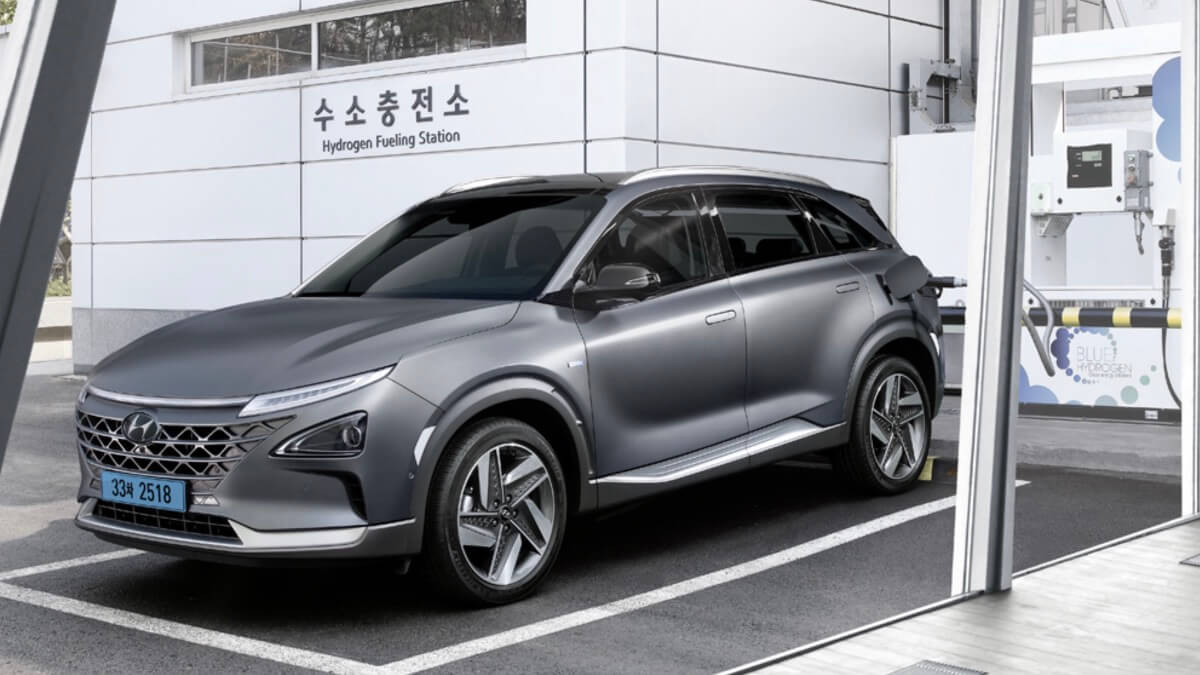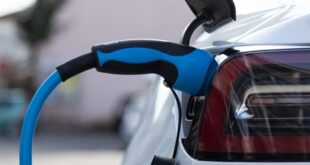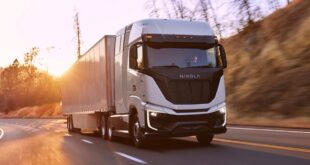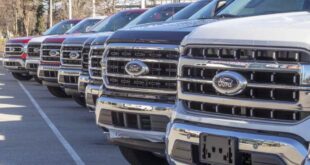From waste to gas tanks, this is Hyundai’s innovative hydrogen tech unveiled at CES 2024.
Hyundai is making big waves in the world of sustainable energy and artificial intelligence, and its latest announcements are nothing short of groundbreaking. In a bold move to tackle environmental challenges, Hyundai is now turning to unusual but plentiful sources for hydrogen production: plastics and, believe it or not, poop.
At the 2024 Consumer Electronics Show (CES), Hyundai laid out its vision for a greener future, emphasizing hydrogen’s vital role in its sustainability plan. The company isn’t just looking at hydrogen to power its vehicles like the Nexo, a hydrogen fuel cell vehicle available in California, or its commercial trucks. It’s eyeing broader applications, including powering trams, vessels, and even advanced air mobility platforms.
But here’s where it gets really interesting. Hyundai’s subsidiary, HTWO, is spearheading the initiative to transform waste into hydrogen fuel. By 2035, Hyundai aims to produce a staggering three million tons of hydrogen annually. This isn’t just any hydrogen; we’re talking about ‘green’ hydrogen, produced in ways that don’t harm the environment.
The secret to this green hydrogen lies in two innovative approaches: Waste-to-Hydrogen (W2H) and Plastic-to-Hydrogen (P2H). W2H is about converting organic waste like leftover food and livestock manure into biogas, which are then processed to capture carbon dioxide and produce hydrogen. On the other hand, P2H tackles the issue of non-recyclable plastics. These plastics are melted, gasified, and then transformed into hydrogen by removing unnecessary elements. It’s a win-win: reducing waste and creating clean energy simultaneously.
Hyundai isn’t stopping at hydrogen, though. It’s also diving headfirst into artificial intelligence with its new “Software-defined Everything” strategy. This ambitious plan aims to transform all moving devices, fleets, and ecosystems into value-added entities through advanced software and AI. Think of vehicles evolving into ‘AI machines’ that continuously learn and adapt to individual user needs, simplifying tasks and enhancing the overall user experience.
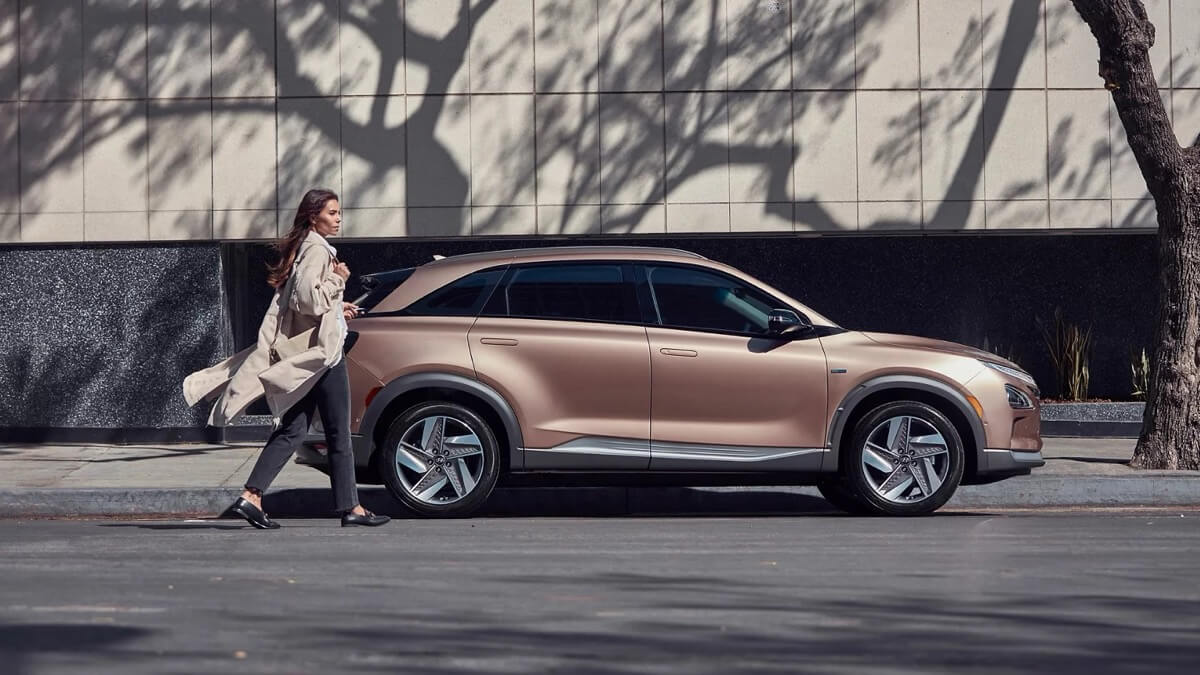
To make this a reality, Hyundai is developing a new infotainment system complete with its app store, allowing users to download and create “killer apps” for its vehicles. The brand strives to have an AI assistant and a navigation system that talks to you just like a natural conversation, all thanks to Hyundai’s integration of its large language model.
Indeed, Hyundai’s commitment to a sustainable and smarter future is clear. While hydrogen technology still faces challenges like limited infrastructure and public acceptance, Hyundai’s efforts to turn everyday waste into valuable energy could be a game-changer. And with AI-enhanced vehicles on the horizon, the future of driving looks more exciting and sustainable than ever.


